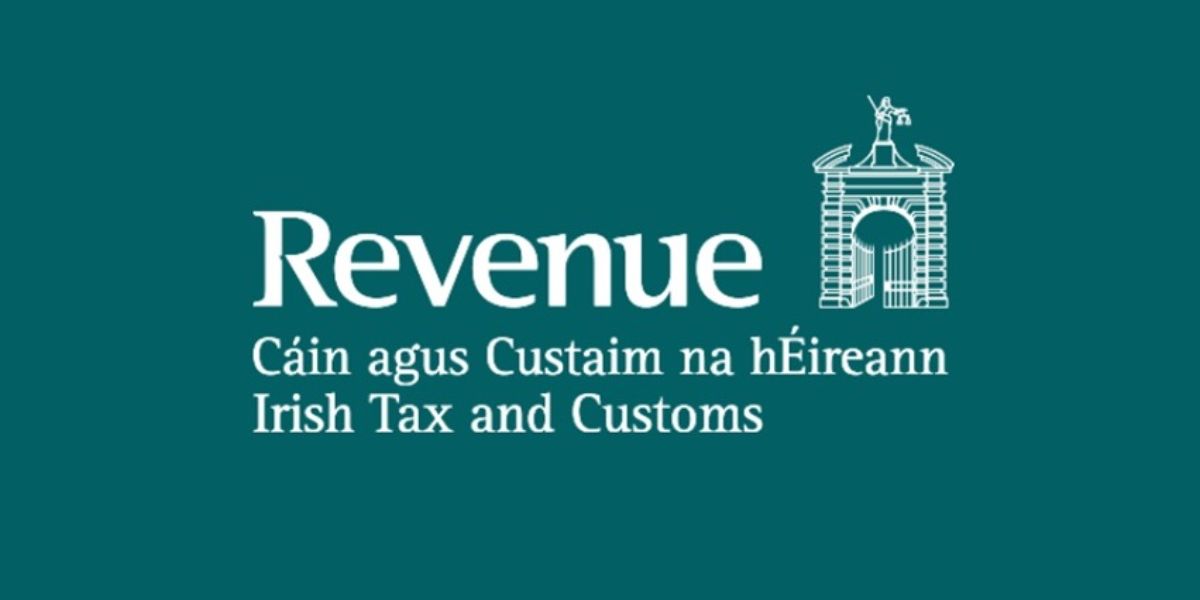On 16 October 2019, the Finance Minister, Paschal Donohoe TD, announced Cabinet approval for the publication of the Finance Bill 2019. It was published on 17 October 2019. The Bill sets out the legislative provisions to bring effect to the tax measures announced in Budget 2020. On 8 October 2019, Government announced draft Budget 2020. The Finance Bill implements the taxation changes announced on Budget as well as new transfer pricing legislation, introducing some necessary anti-avoidance measures and technical changes to the tax code. Some of the changes are given below:
Transfer Pricing
Ireland’s transfer pricing rules, introduced in 2010, are being updated to extend their scope and application. The legislation makes a number of changes to Ireland’s transfer pricing rules, including directly referencing the latest OECD Transfer Pricing Guidelines into Irish legislation, introducing enhanced transfer pricing documentation requirements, and extending the scope to cover certain non-trading and capital transactions. The legislation will also be extended to cover SMEs, with reduced documentation requirements, but due to the uncertain business environment this is subject to a Commencement provision.
ATAD Anti-Hybrid Rules
The Finance Bill introduces anti-hybrid rules as required by The European Anti-Tax Avoidance Directives. The ATAD directives were agreed to ensure that EU Member States implemented certain OECD BEPS rules in a coordinated way. The purpose of anti-hybrid rules is to prevent arrangements that exploit differences in the tax treatment of a financial instrument or an entity under the tax laws of two or more jurisdictions to generate a tax advantage. ATAD anti-hybrid rules apply to arrangements between associated enterprises and they apply to all corporate taxpayers, there is no de-minimis threshold.
Research and Development tax credit
The Research and Development tax credit is being amended to provide enhanced supports to micro and small companies, subject to State aid approval. It is proposed that the 25% R&D credit be increased to 30%, and provides for an enhanced method to be used to calculate the payable element of the R&D tax credit, based on twice the current year payroll liabilities, in respect of small and micro companies. There is also a new provision planned to allow micro and small companies conducting pre-trading R&D to claim the credit before trading commences, limited to offset against VAT and payroll tax liabilities only. Finally, in respect of all claimants, the current limit on outsourcing to third level institutes of education will be increased from 5% to 15%.














